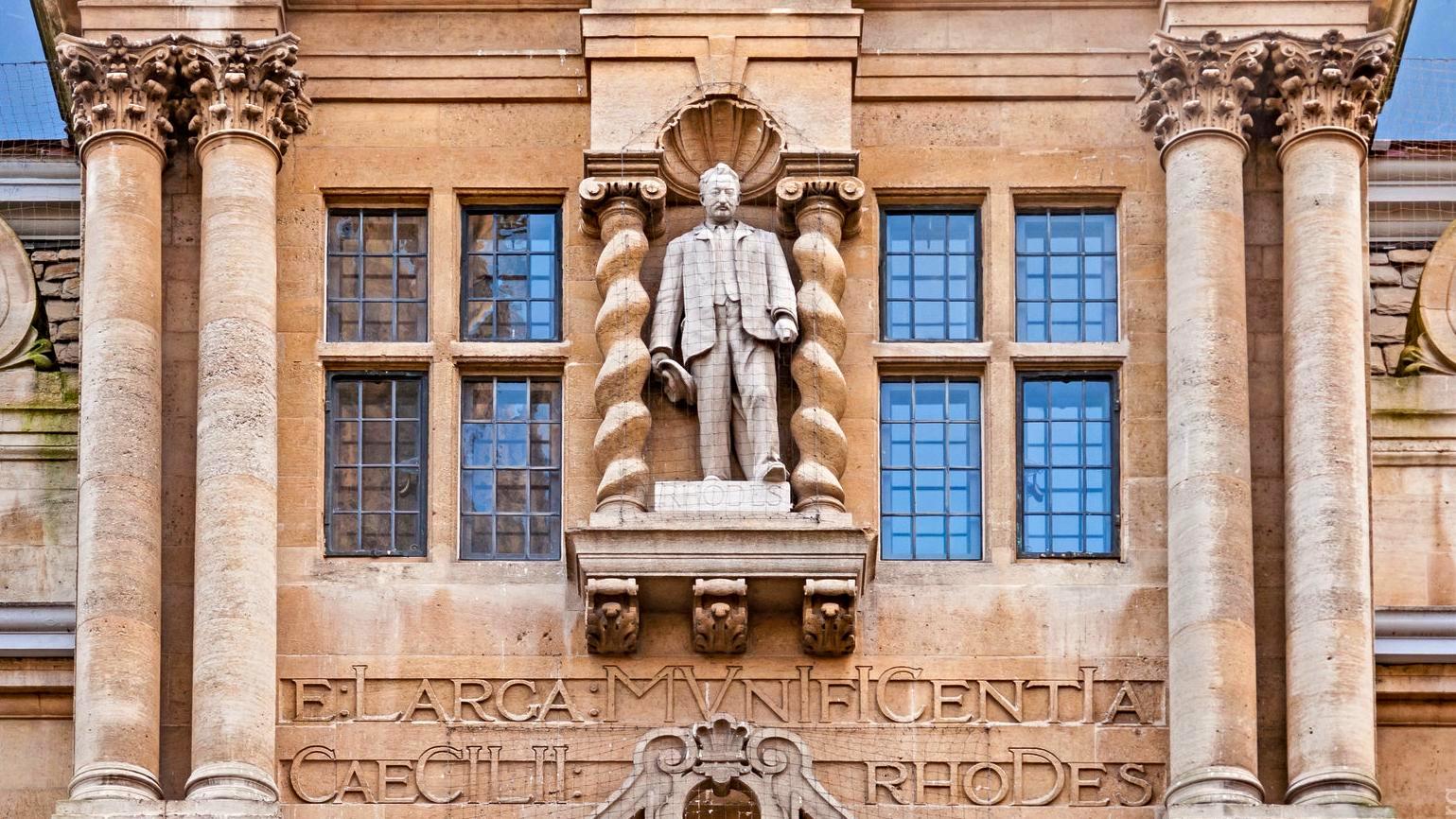Uganda’s 2021 presidential election shows that digital restrictions are becoming a routine part of the country’s electoral cycle. Not coincidentally, social media is increasingly used by political challengers such as Bobi Wine to mobilise popular support. Innocent Anguyo reports from Kampala on the election and relationship between Museveni’s government and the shifting online sphere.
In the last month, it was incredible to experience Uganda’s state-imposed internet and social media outages roll back the years to the late 90s, when the country was miserably married to analogue forms of communication.
As a millennial, I am a member of what is possibly the last generation of Ugandans to have had an internet-zero childhood. Unlike myself, to my younger sister – a digital native Gen Z unused to life before the internet and widespread access to portable digital technologies – the five-day total internet blackout over the election period felt eerily apocalyptic. For many it exposed a folly in thinking of internet access as a fundamental right, particularly in a country where much of governance works through ad hoc forms of communication.
Uganda blocked access to the internet and social media on the eve of presidential elections held on 14 January 2021. Access to the internet was restored on 18 January, but social media remains off limits. Millions of Ugandans do now have access to social media with the help of Virtual Private Networks (VPNs), but my sister and I did not download the apps before the shutdown, and neither can we do so now as app stores have been blocked too – probably because the opposition launched an app named ‘U Vote’ for independent tallying of votes from polling stations. The government has also threatened to close VPNs and go after those currently accessing social media. It’s not clear when the remaining blockades will be lifted. But state media reports that Uganda plans to maintain the shutdown of all platforms until the government deems they’re safe from being used to fuel tensions in a country already deeply divided by the election’s outcome.
Opposition from Besigye to Bobi Wine
With no clarification of what safety constitutes in this context, and how internet/social media comprises an existential threat to Uganda, analysts are accusing Museveni and his ruling National Resistance Movement (NRM) party of abusing his incumbency to incapacitate opposition actors from mobilising popular support against the outcome of the election. But senior government officials often respond by citing a ‘Plan B’ for regime change hatched by four-time presidential candidate Dr Kizza Besigye as their justification. Besigye last year announced he would not participate in the latest vote cycle, referred to as Plan A, saying he would spearhead Plan B, which left all options on the table in fighting for regime change.
Plan B was intended to mobilise taxi drivers, boda boda (motorcycle taxi) riders and students to demand freedom. He told the press:
‘Some of you think that fighting is only using guns to fight, but no. We have a range of means we are going to use to fight and we are not excluding any means as long as we achieve our freedom. We can even force change before the next nomination of presidential candidates is conducted.’
The government interpreted this as a veiled threat to trigger insecurity across the country and instigate an insurrection. Besigye has a history of commanding massive demonstrations that for several days bring business to a halt.
But Besigye’s pronouncements are yet to push the state to impose internet and social media blackouts of the proportions currently experienced in Uganda. While it is his physical presence and not his online mobilisation that sparks demonstrations, the same cannot be said of the latest opposition political sensation, pop star-turned-politician Bobi Wine, whose online instructions arouse mammoth crowds to action, as does his physical presence. Of all political actors in Uganda, Wine and his six-month-old political party, the National Unity Platform (NUP), run the most sophisticated digital campaigns. Abiaz Rwamwiri, a Ugandan analyst shares this position. ‘What NUP mastered from the start was having a social media presence. Their youth took over social media, with no clear message but to promote their candidate but also abuse anyone who didn’t agree with their candidate,’ Rwamwiri argued in an opinion piece. ‘It is clear NRM lacked a clear-cut communication plan, especially the social media strategy… In this new era, any campaign must recognise the power of social media.’
Nonetheless, as usual, what NRM fails to achieve through genuine competition it makes up for with unfettered access to state resources and brute force. Incapable of going head-to-head with Wine online, the internet shutdown was a display of the full force of the state. They were not going to take any chances, especially after Wine and other opposition candidates announced that they would challenge the election results in the court of public opinion. Speaking to the BBC after the result’s announcement, Wine said that ‘all options are now on the table including but not limited to peaceful protest,’ but he stressed that he was not calling for violent insurrection. He maintained that he would ‘be happy to share the videos of all the fraud and irregularities as soon as the internet is restored,’ despite Museveni’s claims that the poll was potentially the ‘most cheating-free election’ in Uganda’s history. The result announced – rejected by Wine – enables Museveni, 76, to extend his rule to 40 years.
The impact of the insurrection on the US Capitol
Having watched an election loser stoke insurrectionists to storm the US Capitol in Washington DC, Museveni was intent on preventing a similar script playing out in Uganda. Since Wine and his People Power movement emerged, Museveni has helplessly watched them deploy social media to mobilise people for mass rallies and protests, one of which was met with severe military brutality that led to the death of 54 Ugandans.
Social media facilitates the maximisation of user engagement – the ability to make sensational and attention-grabbing content more visible – but Museveni’s political strategists and the talking heads around him advised ignoring Wine’s online popularity. To them, social media was not real life, after all. Museveni’s circle had organised guerrilla warfare and successfully captured power. They had weathered a 20-year insurgency in northern Uganda. They had outwitted all forms of opposition to rule for 35 years. They had wrestled Somalia back from the clutches of militants and restored the country’s civilian governance. What could a political newbie like Wine and his ‘unemployed’ youthful online followers do to hurt the almighty NRM?
Defying the narrative, the 36-year-old Wine, born in a Kampala slum, went on to become a legislator, put together a political party and became Museveni’s top challenger for the presidency – all within three years. It was unthinkable that he would pose any formidable competition. But he did. Wine and the NUP have dislodged Museveni and the NRM from the Buganda region, home to the country’s capital, and largest geographical-generator of national GDP. They swept Buganda from local council to the presidency, removing the vice president (an MP for 25 years) and 10 ministers while at it. Additionally, they routed the NRM in the Luwero triangle where Museveni started his guerrilla war that propelled him to power in 1986, when Wine was a 1-year-old toddler on feeding bottle. At their first time of asking, the NUP has captured 55 seats, making it the largest opposition party in parliament. For a fresh presidential candidate, garnering 35% compared with Museveni’s 58% in the election is noteworthy. The myth of narrative determinism has cost Museveni a core support base.
While Museveni securing another term may have been expected, he will have an enormous challenge governing Uganda, especially the central region. For a leader who works through a complex network steeped in patronage and patrimonialism, he has long ruled by redistributing rent to create solidarity among different social groups and facilitate political stability. As Adrian Leftwich accurately puts it, ‘leadership regularly involves forging formal or informal coalitions, vertical or horizontal, of leaders and elites, in order to solve the pervasive collective action problems’. Running a socially diverse country like Uganda, where non-state public authorities hold significant sway, requires a leader to negotiate multifaceted relationships with their power bases, which political theorist Bruce Bueno de Mesquita and others call a winning coalition.
For instance, the position of vice president has been held by a Catholic since 1994, and by Catholics from the Buganda region since 2003, resulting from what is believed to have been a gentleman’s agreement between Museveni and the then archbishop Emmanuel Cardinal Wamala. Voters have now overwhelmingly rejected his vice president and nearly all NRM parliamentary candidates in Buganda. Will Museveni, baptised an Anglican, appoint a Muganda Catholic again or will he risk alienating them by picking a vice president from West Nile or Acholi or Lango where he has secured resounding victories for the first time? How will he keep Buganda at the high table without appointing several MPs from the region to his cabinet?
Bobi Wine’s victory in Buganda despite state retaliations
The NRM and Museveni had perhaps misjudged Wine’s popularity as a politician, so much so that they tried to counter his rise by hiring fellow musicians and celebrities to campaign against him. The outcome has been catastrophic, even humiliating for Museveni. Wine has inflicted his first loss in Buganda since restoration of political pluralism in the country. While Museveni has suggested that they lost in Buganda because people there voted along tribal lines, it is vital to note that the region is Uganda’s most cosmopolitan, ethnically diverse, developed, populous, educated and wealthiest, drawing people seeking jobs and a better life from across the country. The residents of Buganda have significantly more access to information to inform their voting decisions than other regions. Wine strategically employed his rhetoric through social media to spur people to action: only by repeatedly exposing the excesses of the regime and showing clips of huge crowds attending his rallies was he able to create the conditions in which his loyalists could imagine doing the unimaginable, ‘removing a dictator’, as they put it. All of his rallies and encounters with the security forces were streamed live. He was able to tap into people’s frustration with the regime and channel that towards actual protest votes against Museveni and his party.
It was therefore no surprise that, a month before the polls, the government tried to clip Wine’s wings by asking Google to block up to 14 Ugandan YouTube channels that streamed his campaign rallies, alleging the channels imperilled Uganda’s security. The channels cited jointly boasted 59 million views and 300,000 followers. This was an attempt to further narrow Bobi Wine’s campaigning space after the government had successfully threatened radio and TV operators against hosting him. Hypocritically, government had actually banned political rallies in favour of media-facilitated campaigning to stem the spread of COVID-19. Ultimately, Google declined the request, asking the government to provide a court order. After failing to remove the channels, the messenger became the target. On 27 December 2020, Ashraf Kasirye, the cameraman for one of the YouTube channels, was shot in the head while covering Wine. Weeks earlier, he’d been left unconscious after being pepper sprayed during the opposition leader’s arrest.
Online blockades as a short-term game
While this was the first time Kampala had blocked the entire internet, other forms of digital restrictions, alongside violence against opponents, have become a routine fixture in every vote cycle. In 2006, websites critical of the state were inaccessible, in 2011 text messaging was hampered, and in 2016 social media and money transfers were halted.
Commentators are concerned that the recurring shutdowns are a methodical ploy to keep the country and the world in the dark while the security forces crack down on political opponents, the media, demonstrators and civil society. Going such lengths at the expense of livelihoods and normalcy for Ugandans is inexcusable. Unless Museveni and the NRM fix the country’s structural conditions, failures of public goods and insecurity that contribute to Wine’s popularity, any stopgap acts of political expediency won’t fully eradicate the charge for change, and their next loss may well be larger than Buganda.
Closer to my heart – it breaks me to see the daily sight of my little sister laying desolate on the couch unable to get in touch with her friends and resume her online classes. Beyond the politics, how else should a child socialise during a pandemic?





